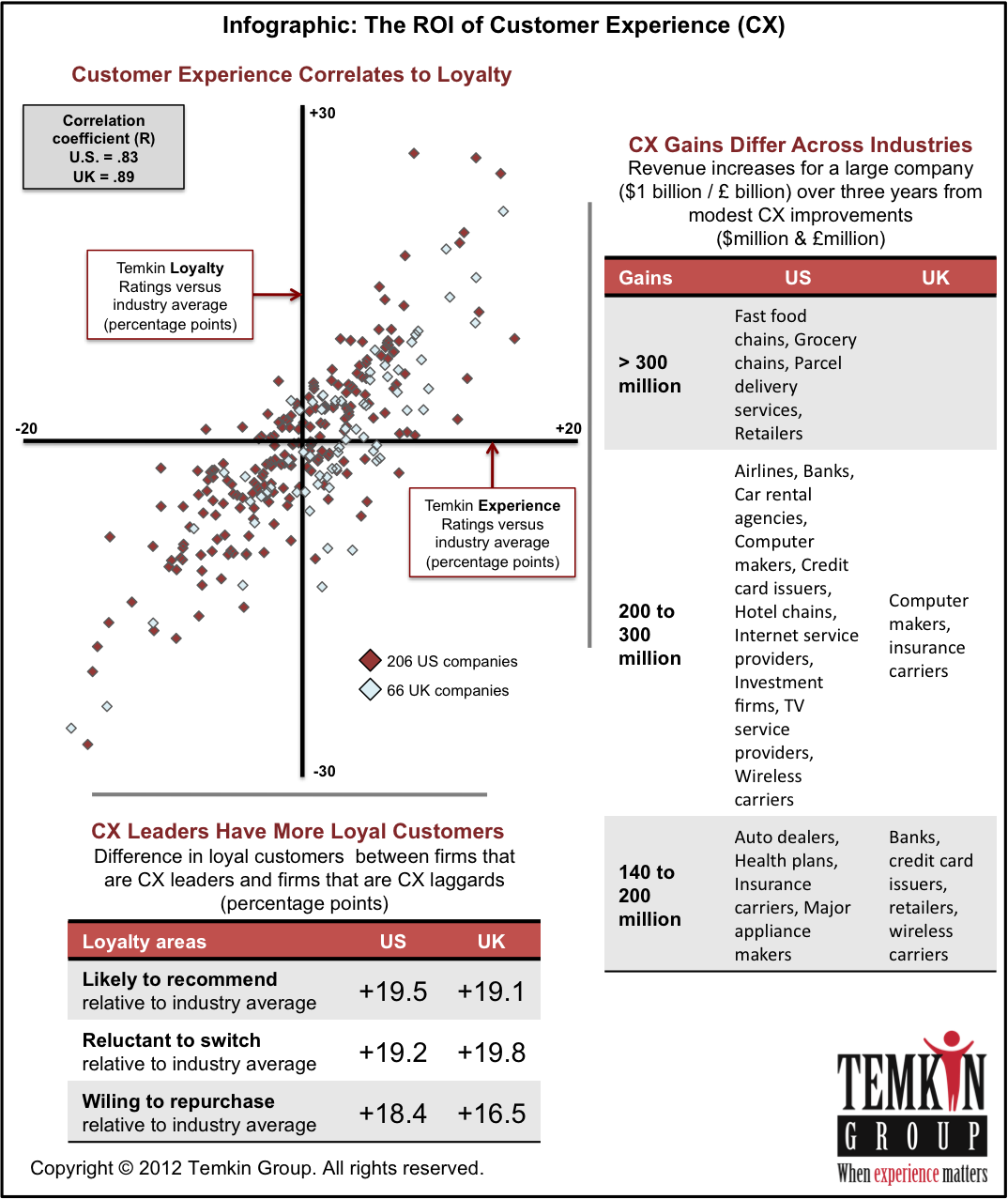The ROI of User Understanding
I’ve written before about how all this user business is supposed to be worth it in terms of, well, business, but it’s such and important part of the subject matter of User Understanding, User Considerations, Customer Experience etc. that it should probably be the subject of every other article.
I do, however, try to also get around to other aspects of these things, but today we’re going to have another look at this business business: – is there any reasonable Return On Investment from being attentive to your user/customer?
Interestingly, saying “yes” to that question becomes just slightly more obvious when I include the word “customer”, because even though “customer” is a sub-group of “user” – as I’ve explained before – that’s not how we usually think, much less talk, about it. I’m going to just hammer on that connection between “user” and “customer”, turning that “yes” into a much more emphatic “YES!” over the course of the next few hundred words.

Let’s start with another thing that should be obvious, yet for some reason is not: What are we comparing with? That is, what other things (apart from “nothing”) could we be doing to further our business, and how does User Considerations stack up? Well, let’s just pick an obvious one: Advertising – the concerted effort towards attracting new customers to your business, i.e. create new users of your product. We know that’s expensive and, objectively speaking, low on efficiency; we know most ads (by volume) don’t result in anything at all, and that we’re down at the levels of one in hundreds, even thousands or lower, even just for any reaction, let alone a conversion.
We all know that, but here’s something you probably didn’t know: It costs a lot more (as much as 4-6 times more, according to several sources) to acquire a new customer than it does to retain a current one.
OK, so what? Well, I’m not done: According to some fairly reliable sources, as much as 80% of your future revenue will come from just 20% of your loyal customers. Which means that investing in customer service – a field that’s woefully underappreciated – is not only way more cost-effective, it’s also much more productive in the long haul.
Of course you should also be trying to get new customers, don’t get me wrong – it’s just that advertising gets way more credit for being an absolute necessity than it deserves, compared to simply having a good user/customer experience.
That graphic right there comes from a report from Temkin Group, and it shows the benefits from investments in customer service for very large companies in the US and UK (the Forbes one up there was about start-ups) – and there’s lots of other sources that say the same: Paying attention to your customer, to their needs and their experience with your business, and addressing those wholeheartedly, is an extremely robust and cost-effective way of boosting revenue and staying in business.

Now, I know what you’re thinking: Customer Service and User Experience isn’t the same. And you’re right – they’re different professional fields that require different skills and activities, and come in at different points of a project. But it’s the thing that they do have in common that matters here: They work because people react very strongly to experience.
For example, having a customer service department that handles complaints really well isn’t so much about giving refunds or replacements – it’s much more about making the customer feel that their experience is taken seriously and their complaint is validated.
If you fail to provide that feeling you may end up with a customer who’s still fuming even after a full refund, and who’ll never deal with you again – and conversely, a customer that called in angry may end up slightly grateful for a token rebate or discount if the validation of the complaint in itself already satisfied her need to be heard and taken seriously. She could end up more loyal after a successful meeting with customer services than if she’d never had a problem to begin with.
These very human reactions to experiences are very visible in customer service – but you will do well to remember that the people who use your product have experiences that are just as important to their relationship with your business during regular use of your product that you never actually see or hear of. How many of us haven’t tried pleading with a TV, a computer or a car, begging or screaming for it to do that thing we’re completely reasonably, we believe, expecting of it… that, my friend, is an experience, and if you sold that TV or that car, you’re on the hook for that experience, even if the user never called customer service about it (see how the two intertwine?).
User Experience is about so much more than interfaces – it’s about how your users, your customers, are human beings, and how your considerations of what you’re giving them in return for the time and money they spend on your product can make or break your business.




